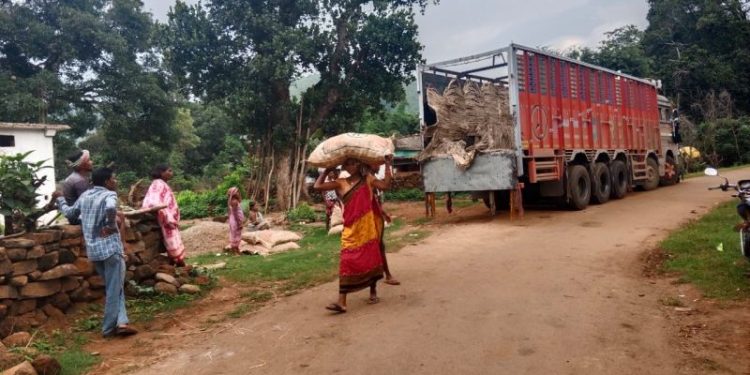#Agriculture #Farming #SmallFarmers #MarginalFarmers #CollectiveAction #SFLF #High-QualitySeeds #AgriculturalResources #Productivity #Togetherness #SustainableGrowth
In recent years, the agricultural sector has witnessed significant advancements in technology and practices, aimed at improving crop yields and overall farm productivity. However, for small and marginal farmers, access to high-quality seeds has remained a major challenge due to the minimum order requirements imposed by seed companies. Often, these farmers face difficulties in acquiring top-notch seeds for their small landholdings, hindering their potential for higher yields and better income.
The Small Farmers Large Field (SFLF) collective action farming approach has emerged as a game-changer for small and marginal farmers. Through this approach, farmers come together as a collective to pool their requirements, enabling them to access premium seeds at negotiated prices. By joining forces, they can overcome the minimum order restrictions imposed by seed companies and procure the best quality seeds that were previously unattainable for individual farmers.
According to recent data from the Food and Agriculture Organization (FAO), small and marginal farmers account for a significant proportion of the world’s farming community. However, their productivity and income levels often remain low due to various constraints, including limited access to essential agricultural resources like high-quality seeds.
The success of SFLF collective action farming can be seen in the case of two female potato farmers in Koraput, Odisha, who were captured in a heartening photograph carrying the best quality seeds available in the country. These farmers were able to obtain top-notch seeds through the SFLF initiative, which would have otherwise been beyond their reach due to the minimum order requirements imposed by the seed company.
In traditional farming practices, small farmers were compelled to buy seeds in bulk, leading to unnecessary financial burdens and often leaving them with excess seeds that may not be used efficiently. However, with SFLF collective action farming, farmers can avoid such inefficiencies by collectively determining their seed requirements based on their actual landholding sizes. This not only minimizes wastage but also ensures that every seed planted has the potential to contribute to a successful harvest.
Furthermore, SFLF does not only focus on seed procurement but also promotes knowledge sharing and technical support among the farmers. By working together, farmers can exchange valuable insights and experiences, adopt best agricultural practices, and improve their overall efficiency and productivity.
The SFLF collective action farming approach has brought a remarkable transformation to the lives of small and marginal farmers. It has enabled them to access the best quality seeds, optimize their resources, and improve their agricultural practices. This togetherness not only empowers the farmers economically but also strengthens their resilience in the face of various challenges posed by modern-day agriculture.
Through initiatives like SFLF, the agricultural community can harness the power of unity and collaboration, fostering sustainable growth and development in the farming sector. By supporting and expanding such collective action farming practices, we can pave the way for a brighter and more prosperous future for farmers around the world.







